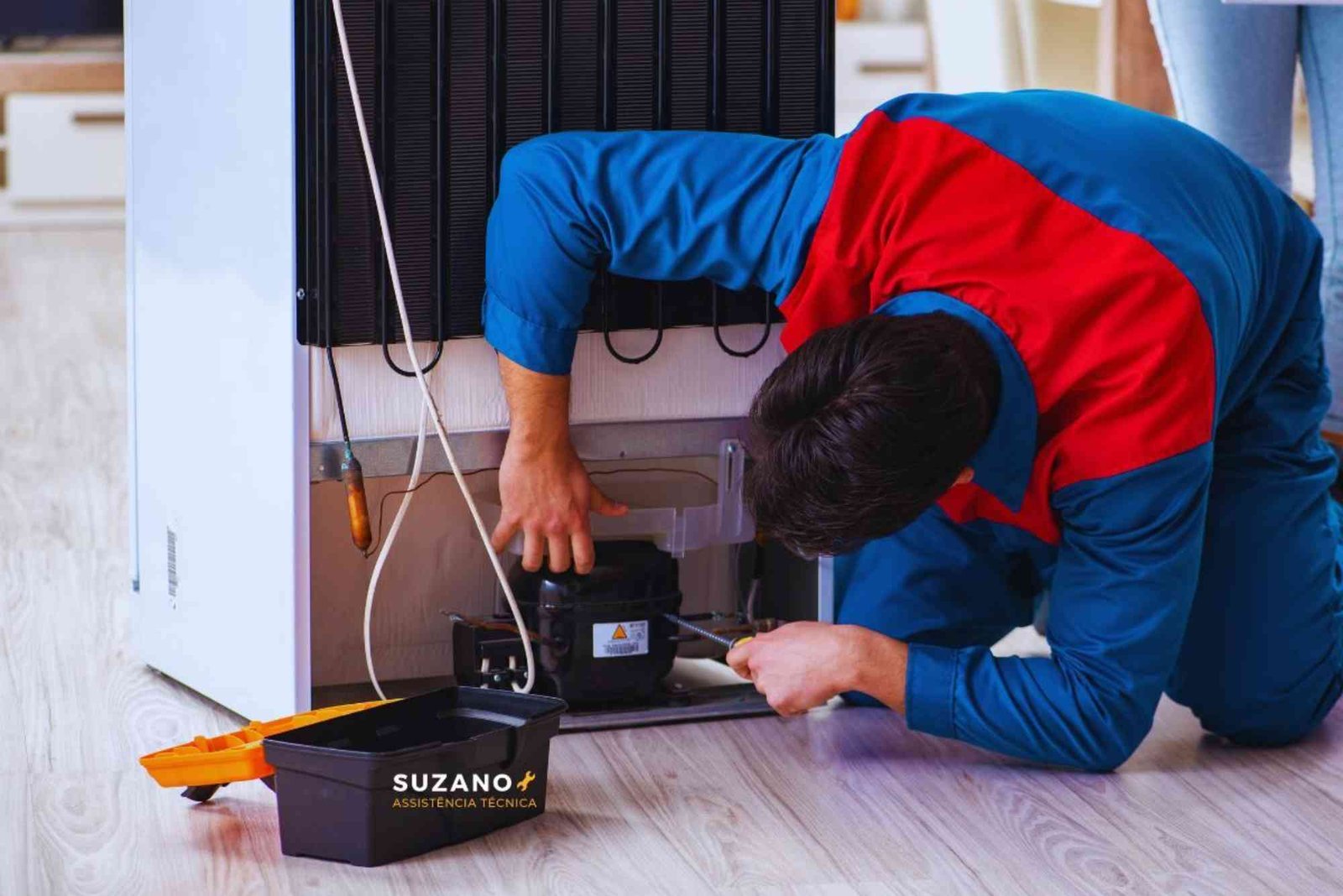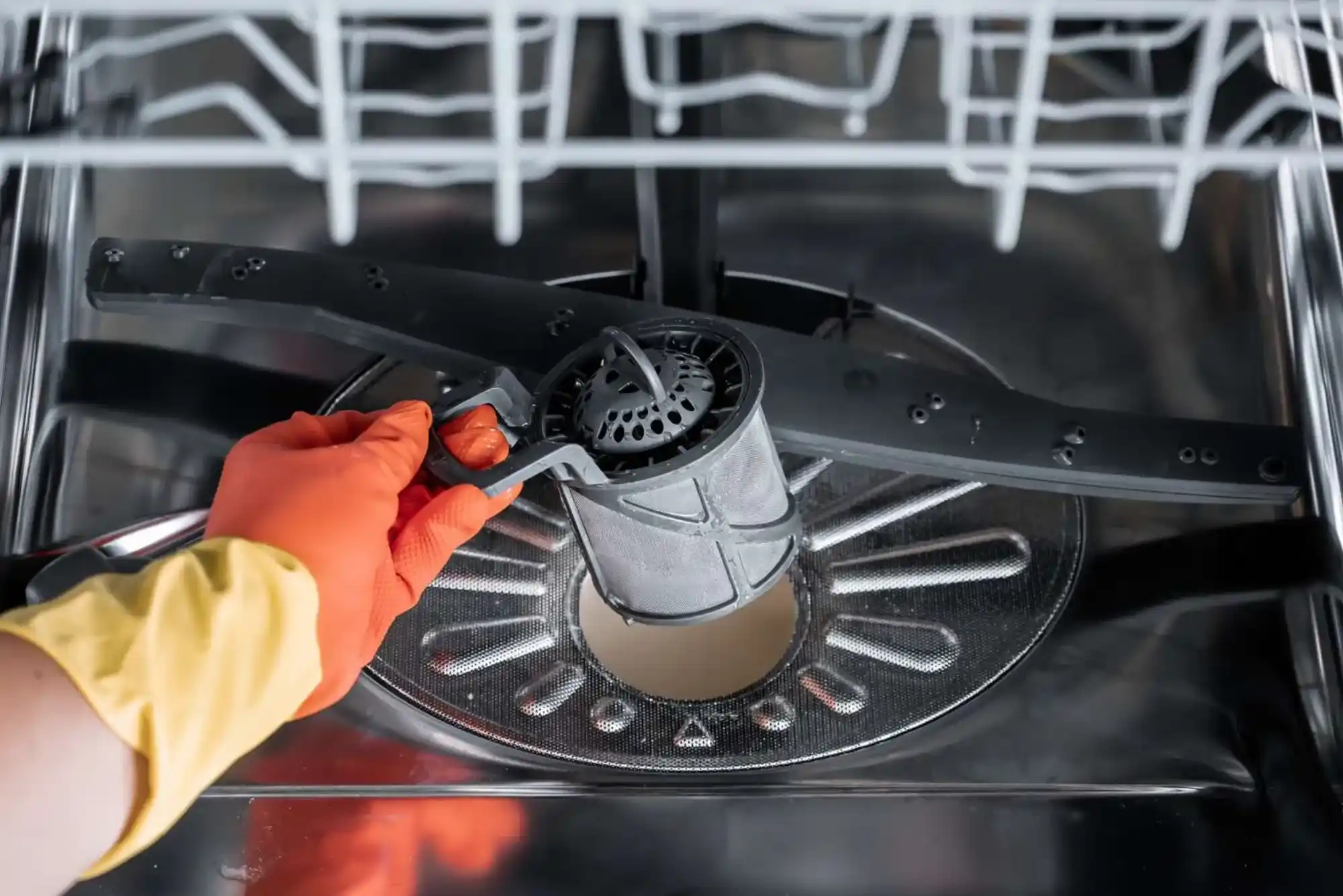A refrigerator motor rarely fails overnight. Instead, subtle changes build until food warms, ice melts, and energy bills climb. Understanding the signs of a weak refrigerator motor helps you act before breakdowns happen. When homeowners spot early symptoms, they avoid spoiled groceries and emergency repair costs. This guide explains how to identify refrigerator motor weakness, what causes it, and how to fix issues effectively. The focus keyword appears naturally because most readers search phrases like signs of a weak refrigerator motor when their appliance shows odd behavior.
Why Refrigerator Motor Health Matters
A weak refrigerator motor affects cooling efficiency, temperature stability, and power use. Since the motor powers the compressor, fan, and circulating system, poor performance means the fridge struggles to maintain safe food temperatures. When the compressor works harder to compensate, it consumes more electricity, raising utility bills. Eventually, the strain can trigger complete compressor failure, the most expensive refrigerator repair.
Early Signs Of A Weak Refrigerator Motor
Continuous Running With Little Cool Air
A refrigerator motor that runs constantly yet fails to cool properly signals weakening performance. Instead of cycling on and off, the compressor strains to keep temperature levels stable. The unit may maintain mild coolness but never reach ice-cold conditions.
Food Spoilage Before Expiration Dates
When perishables spoil early, motor strength may be deteriorating. Items like milk, vegetables, and leftovers spoil faster because internal cooling never reaches ideal preservation temperatures. Many users first notice this issue when checking expiration dates and questioning why food turns bad so fast.
Overheating on the Rear Panel
Warmth behind a refrigerator is normal. Excessive heat is not. A weak motor produces extra heat because the system overworks. Touching the back panel and feeling significant warmth suggests airflow strain and compressor fatigue.
Unusual Noises and Vibration
Buzzing, humming, or grinding often signals a failing refrigerator motor. While most fridges make low background noise, loud vibration or new sounds indicate internal parts struggling. The change may be gradual, which is why homeowners sometimes ignore it until cooling drops significantly.
Increased Energy Bills
Sudden utility bill increases often point to failing motors. When the compressor works longer and harder, energy demand rises. If nothing else in the home has changed, the refrigerator likely causes the spike.
Frost Buildup or Inconsistent Freezing
A failing refrigerator motor may freeze items unevenly. Some sections may frost while others barely cool. Ice buildup on freezer walls or evaporator coils frequently accompanies motor weakness because air circulation falters.
Delay When Cooling After Door Opens
Normally, refrigerators recover temperature quickly after being opened. A sluggish return to cold air reveals a weak motor unable to meet cooling demands promptly.
What Causes Refrigerator Motor Weakness
Refrigerator motors weaken due to various factors. Age naturally impacts performance after many years of continuous use. Poor ventilation and blocked condenser coils force the compressor to work harder. Lack of maintenance allows dust and grease to accumulate around the motor fan. Overfilling the refrigerator restricts airflow and places strain on the cooling system. Door gasket leaks also increase workload because warm air slips inside continuously. Power surges and unstable voltage damage compressor windings gradually. All these conditions contribute to weakening motor performance.
Practical Ways to Test Refrigerator Motor Strength
Monitor Temperature with an Appliance Thermometer
Track fridge and freezer temperatures over several days. If temperatures fluctuate or fail to reach proper levels, motor performance may be declining. USDA guidelines recommend refrigerator sections remain at or below 40°F and freezers at or below 0°F to prevent foodborne risks.
Clean Coils and Ensure Proper Ventilation
Dust around condenser coils forces the motor to overwork. Regular cleaning improves efficiency and restores cooler performance. Always check ventilation space behind and around the refrigerator to ensure steady airflow. In many homes, refrigerators sit too close to the wall, trapping heat.
Listen for Compressor Cycling Patterns
Normal compressors cycle off periodically. A weak motor cycles rapidly or runs continuously. Stand near the unit and observe run patterns. If the sound never pauses or changes pitch frequently, the motor may struggle.
Inspect Gaskets and Doors
Even a strong motor cannot cool properly with leaking doors. Run a thin sheet of paper along the door seal. If it pulls out easily when closed, the gasket leaks and stresses the motor.
Consider Professional Diagnostic Service
If symptoms appear, an appliance technician can measure voltage, test compressor windings, and assess refrigerant pressure. Expert evaluation prevents guesswork and confirms whether motor replacement is necessary.
Repair or Replace? Making the Right Decision
When homeowners notice signs of a weak refrigerator motor, they often question whether to repair or replace their appliance. Generally, motor replacement on older units may exceed reasonable cost-to-value thresholds. If the refrigerator exceeds ten years, replacement may be more cost-efficient than repair. Newer ENERGY STAR models consume less power and offer modern cooling controls. However, if the fridge is under five years old and the compressor is the only issue, repair usually makes sense.
Preventing Motor Failure
Routine maintenance preserves refrigerator motor health. Cleaning coils twice a year reduces strain. Ensuring proper spacing behind the unit and keeping shelves organized improves airflow. Avoid placing hot food inside-the sudden temperature shift forces the motor to work harder. Monitor door seals and replace worn gaskets promptly. Lastly, using a surge protector or voltage stabilizer shields the motor from electrical spikes.
Myths About Refrigerator Motor Performance
Many homeowners believe motors either work perfectly or fail suddenly. In reality, gradual weakness is more common. Some assume turning fridge temperature to the coldest setting solves cooling issues. This often forces the motor to overwork and accelerates failure. Others believe frost means strong cooling. Excess frost often means circulation and motor strain issues, not better temperature control.
When to Call an Expert
Call a technician if cooling drops steadily, noises increase, or the freezer warms despite settings adjustments. Seek help if coils stay extremely hot or if water leaks beneath the refrigerator. DIY diagnosis helps, but professional tools confirm motor strength and refrigerant levels accurately.
Internal Resources for Further Guidance
Readers looking for additional insight into early appliance failure indicators can visit this helpful post:
Signs Of A for a deeper perspective on troubleshooting cooling systems. Another useful reference on the same site explains advanced repair tips under
Signs Of A Weak.
For design-focused research and home improvement perspectives, homeowners often consult professional platforms like Read more on www.architecturaldigest.com without navigating external repair forums.
Protect Food Safety and Appliance Lifespan
Understanding the signs of a weak refrigerator motor prevents sudden failures and protects your groceries. Early detection saves money, improves energy efficiency, and maintains food quality. Test temperatures, listen for unusual noises, and take action when performance changes. When symptoms persist, schedule expert service before breakdowns occur. For those ready to diagnose or repair refrigerator cooling issues, contacting a qualified appliance professional ensures correct and safe repair.
FAQ
What are the most common signs of a weak refrigerator motor?
Common indicators include constant running, poor cooling, strange noises, and rising electricity bills. Food spoils faster and freezer ice may melt or form uneven frost.
Can a weak motor be repaired?
In many cases, yes. Technicians can clean coils, replace capacitors, and correct electrical issues. If internal compressor components fail, replacement may be necessary.
How long do refrigerator motors last?
Most refrigerator motors last ten to fifteen years with proper maintenance. Usage habits, placement, and cleaning frequency influence lifespan.
Will my refrigerator stop working suddenly?
Weak refrigerator motors often decline gradually. Sudden failure occurs only if internal components short-circuit or refrigerant leaks rapidly. Early symptoms usually appear first.
When should I replace instead of repair?
Consider replacement when the appliance exceeds ten years old and repair cost approaches half the price of a new model.
Why does my refrigerator run constantly but stay warm?
Continuous running with minimal cooling suggests a weakening compressor, airflow restrictions, or gasket leaks forcing extra motor effort. Regular cleaning and professional inspection help determine the cause.




